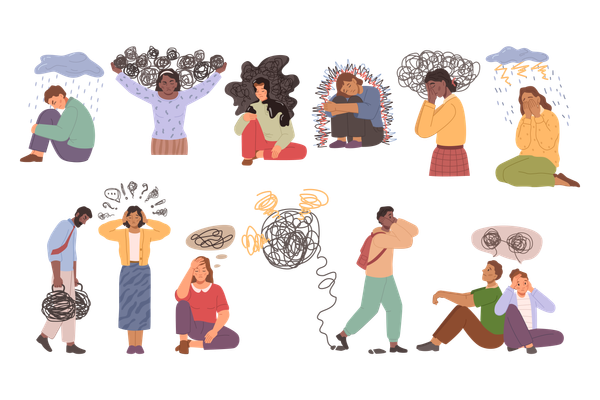A Plant-based diet for Trump?
Why ideology increasingly determines the contents of our plates.
The far-right has made significant progress over the past 10 years. Orban, Trump, Bolsonaro – not only have leaders with far-right tendencies emerged victorious, but they have proved remarkably persistent, perhaps best illustrated by Trump’s return to power. In many respects, their victories do not bode well for advocates of a plant-based diet, whose central goal could be best described as to persuade the adoption of a plant-based diet, believing that such a diet offers not only some humane respite to non-humans but also offers a range of benefits to humans and their societies.
In this article, I reflect on the ideological narratives that contend with each other and prevent the advancement of the plant-based movement. What I briefly discuss is by no means original and largely sourced from, in no particular order, Vaclav Smil, The Zetkin Collective, and Andreas Malm.

A plant-based narrative
To raise livestock depends on significant sources of fossil fuel, whether in the form of ammonia-based fertilizer or in the form of diesel used to power the vehicles that ship livestock. For two comparable food dishes, one plant-based and the other non-plant-based – that is, two distinct dishes that source ingredients from a local radius and both similar in nutritious profile (e.g. grams of protein) – the fossil fuel inputs of the non-plant-based dish exceed those of the plant-based dish, and the health benefits of the plant-based diet exceed those of the non-plant-based diet.
A non-plant-based narrative
The ecological concerns of fossil fuels within a non-plant-based diet are not well-founded and the health benefits of a plant-based diet are not greater than its counterpart.
In truth, plant-based diets and veganism, in general, may simply be a component of an environmental Trojan horse with the following objectives: create fear and concern about looming ecological catastrophe; urge adoption of supposedly green measures like veganism and cycling that come at the expense of personal autonomy; pave the road to socialism and use the environmental disaster card to allow violent and dangerous immigrants to enter the country.
Where the narratives meet
I do not wish to strawman either side of this discussion. The aforementioned ideologies are examples; there are many more opinions. However, I do wish to make some observations from these narratives:
People on both sides generally agree that the production of non-plant-based food is resource-intensive, but there is disagreement on the extent of an environmental problem and the supposed health benefits of a plant-based diet; one side severely doubts the underlying political motivation of a plant-based and/or vegan platform.
None of these points of disagreement are particularly rooted in questions that can be solved with science. They are about what you feel is important. As the far right grows, we are more likely to see an opposition to the plant-based movement that is rooted in an ideology that weds immigration, personal autonomy, and climate.
The plant-based movement cannot therefore solely depend on scientific arguments and appeals of taste (e.g. Beyond Meat) to advance its cause. It must somehow contend with the political ideologies that question it.
My fondest hope is that our campus will commit to a sound ethical option.







